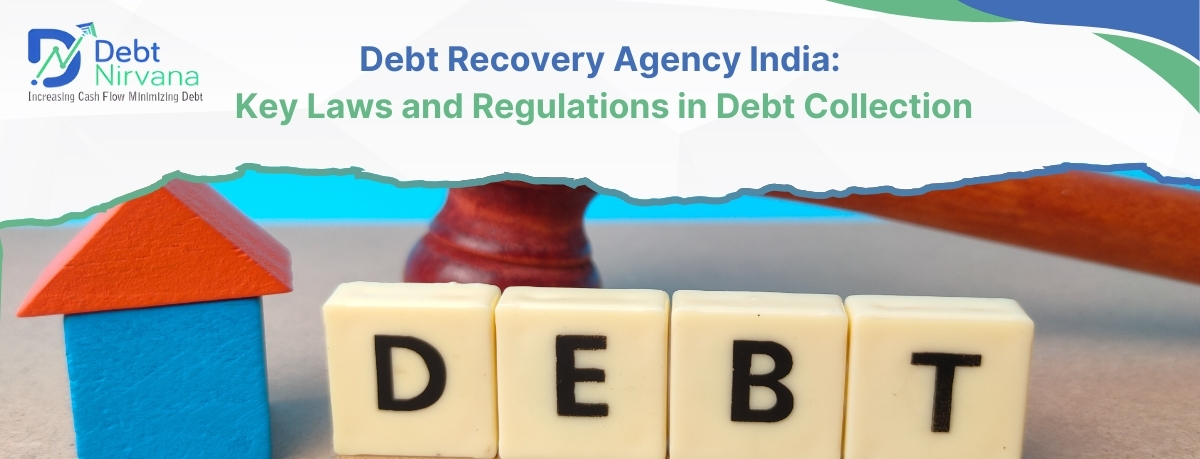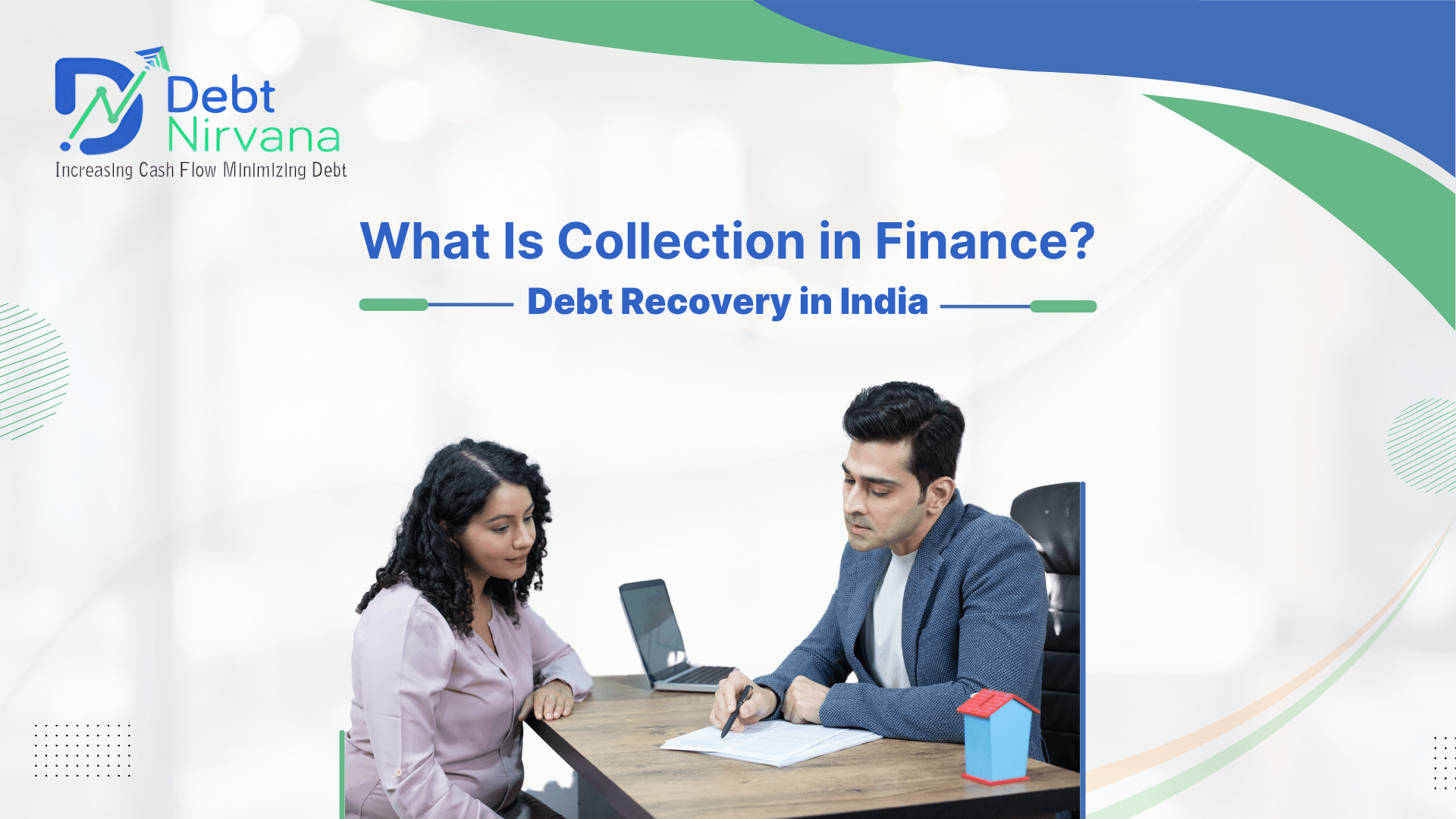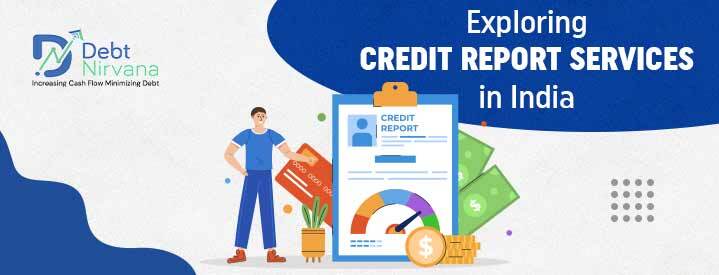
Debt Recovery Agency India: Key Laws and Regulations in Debt Collection
Explore key laws and regulations that govern debt collection in India, ensuring that debt recovery agencies operate ethically and legally while protecting all parties involved.
Debt recovery is a vital service for businesses, helping them manage overdue payments and maintain financial stability. In India, debt recovery agencies play an essential role in collecting outstanding dues on behalf of businesses. They handle the complex process of debt collection by utilizing professional techniques and adhering to legal requirements, ensuring that both businesses and debtors are treated fairly.
However, to maintain ethical and effective practices, debt recovery agencies must follow certain laws and regulations. In this blog, we’ll discuss these key laws and regulations that debt recovery agencies in India must comply with, creating a balanced and lawful approach to debt collection.
Laws Governing Debt Collection in India
-
The SARFAESI Act (2002)
The Securitisation and Reconstruction of Financial Assets and Enforcement of Security Interest (SARFAESI) Act empowers banks and financial institutions to recover non-performing assets (NPAs) without needing court intervention. It allows creditors to seize and sell the debtor’s secured assets to recover dues, but it applies only to secured loans where assets like property are pledged as collateral.
This law is essential for debt recovery agencies working with secured debts, as it provides a fast and effective solution for debt recovery.
-
The Debt Recovery Tribunal (DRT) Act (1993)
The Debt Recovery Tribunal (DRT) Act was established to streamline the debt recovery process for banks and financial institutions, reducing the burden on traditional courts. Through DRTs, financial institutions can file cases to recover dues efficiently, providing both the creditor and debtor a fair chance to present their cases.
DRTs are valuable resources for debt recovery agencies because they offer a dedicated platform to handle debt disputes and recover unpaid amounts lawfully.
-
The Indian Contract Act (1872)
The Indian Contract Act lays down the legal foundation for agreements between creditors and debtors, ensuring that contracts regarding repayment terms, interest rates, and penalties are legally binding. If a debtor defaults, creditors have the right to pursue recovery based on the terms agreed upon in the contract. This law enables creditors to take legal action when necessary, simplifying the debt recovery process.
-
The Insolvency and Bankruptcy Code (IBC) (2016)
The Insolvency and Bankruptcy Code (IBC) provides a framework for resolving insolvency cases and helps creditors recover their dues. Under IBC, if a debtor is unable to repay their debts, creditors can initiate insolvency proceedings. This can lead to either debt restructuring or the liquidation of assets, providing an efficient solution for businesses and lenders alike.
IBC offers debt recovery agencies a legal pathway to resolve overdue debts in a time-bound manner, making it a vital tool for dealing with challenging debt cases.
Regulations for Debt Collection Practices in India
In addition to laws, India has specific regulations aimed at ensuring ethical and fair debt collection practices. These regulations protect debtors from undue harassment and ensure that debt recovery agencies operate professionally.
-
RBI Guidelines for Debt Collection
The Reserve Bank of India (RBI) has issued guidelines to ensure fair debt recovery practices among banks and financial institutions. These guidelines prohibit coercive tactics and emphasize ethical conduct. Key aspects include:
- No Harassment: Prohibiting the use of intimidation, threats, or aggressive tactics in the collection process.
- Transparency: Ensuring that debtors are well-informed about loan terms, fees, and collection procedures.
- Data Privacy: Protecting customer information and maintaining confidentiality.
By following these RBI guidelines, debt recovery agencies in India can ensure respectful and transparent interactions with debtors.
-
The Consumer Protection Act (2019)
The Consumer Protection Act provides debtors with rights to prevent unfair practices and harassment. Under this act, debt recovery agencies must be cautious in their approach, as unfair debt collection practices can lead to penalties. The act protects debtors from harassment and ensures that agencies do not exploit or unfairly pressure them during the recovery process.
-
Indian Penal Code (IPC) Provisions
Certain provisions within the Indian Penal Code (IPC) apply to debt collection practices, particularly sections that deal with harassment, intimidation, and privacy violations. Debt recovery agencies must operate within legal boundaries to avoid criminal charges. For instance, using threats or force to recover debts can lead to prosecution under the IPC.
These IPC provisions serve as a reminder for agencies to conduct debt recovery activities responsibly and legally.
How Debt Collection Laws and Regulations Shape Ethical Practices
These laws and regulations collectively ensure that debt recovery agencies conduct their operations ethically and within legal boundaries. Here’s how they shape fair debt collection practices:
- Protection Against Harassment: Regulations prevent agencies from using forceful tactics, safeguarding the debtor’s rights and dignity.
- Legal Pathways for Disputes: Through tribunals and courts, both creditors and debtors have a platform to present their cases fairly.
- Balance of Power: Laws ensure that creditors can pursue recovery without exploiting debtors, establishing a balanced approach in the debt collection process.
Debt recovery agencies benefit from following these laws and regulations, as they help avoid legal issues and foster trust with both businesses and customers.
Conclusion
Debt Recovery Agency in India is guided by comprehensive laws and regulations, which create a framework for fair and ethical practices. From the SARFAESI Act to RBI guidelines, these laws empower debt recovery agencies to collect overdue payments responsibly and legally.
If your business needs professional support with debt recovery, Debt Nirvana offers compliant and efficient solutions. Contact us at +91-9810010294 or email us at rvm@debtnirvana.com to learn how we can help you manage your debt recovery needs within the legal framework.




